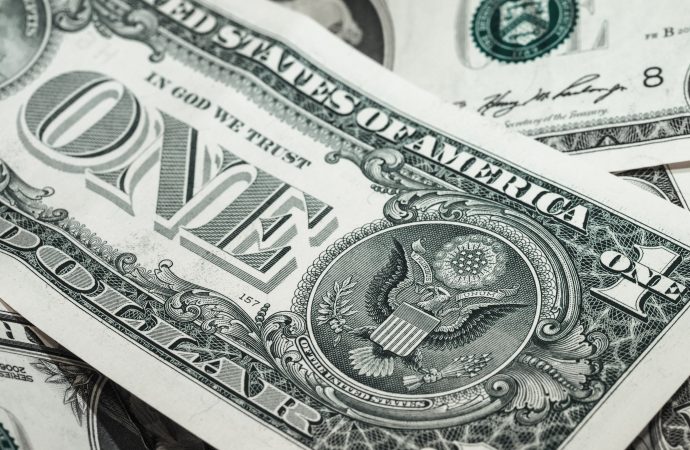Are hedge funds putting all their eggs in one basket? With the recent surge in the value of the US dollar, many have jumped on board hoping to ride the wave and reap major profits. But is it really worth it? In this blog post, we’ll explore the downside of hedge funds jumping on the
Are hedge funds putting all their eggs in one basket? With the recent surge in the value of the US dollar, many have jumped on board hoping to ride the wave and reap major profits. But is it really worth it? In this blog post, we’ll explore the downside of hedge funds jumping on the dollar bandwagon and why it may not be as lucrative as they think. Stay tuned for an eye-opening analysis that will challenge your preconceptions about currency trading!
What is a Hedge Fund?
A hedge fund is an investment vehicle that utilizes a variety of derivative instruments, such as options and futures, to achieve its investment goals. Hedge funds are typically used by sophisticated investors who are willing to take on a higher degree of risk in order to obtain greater return potential. A recent trend has seen a number of hedge funds jump on the dollar bandwagon, hoping to make large profits by buying U.S. currency and selling foreign currencies back into the U.S. market.
While this strategy may seem like a surefire way to make money, there are several dangers associated with hedge funds jumping on the dollar bandwagon. First, this type of investing strategy can easily lead to price volatility and sudden losses if the flow of foreign capital into the U.S. market changes direction unexpectedly. Second, this type of investing may create unstable financial markets that could lead to broader economic instability down the line. Finally, it’s important to remember that while hedge funds can be very profitable investments, they’re also extremely risky and should only be used by those with sufficient risk tolerance and knowledge about the underlying securities involved.”
The Pros and Cons of Hedge Funds
Hedge funds are a type of investment vehicle that use a variety of techniques to try and generate returns for their investors. While they can be a valuable tool for achieving long-term investment goals, hedge funds also carry some risk. Here’s a look at the pros and cons of hedge funds.
Pros:
1. Hedge funds offer diversification and flexibility: Hedge funds allow investors to gain access to a wide range of investment opportunities, which can help protect them from market volatility. They also provide the opportunity to pursue risky but potentially profitable investments.
2. Hedge fund managers have leeway to make decisions: Hedge fund managers are typically allowed to make decisions outside the normal constraints of Wall Street culture, which gives them more freedom to pursue successful strategies.
3. Hedge fund investors can benefit from compound interest: Since hedge fund investments are often made on a long-term basis, accumulation of capital over time can lead to significant returns. This benefits both regular and high-net worth individuals who invest in hedge funds.
4. Hedge fund investing is generally tax-efficient: Unlike many other forms of investing, which may generate taxable income when the money is withdrawn, profits earned from hedge fund investments are often taxed as capital gains, which is viewed as a less harmful form of investment income.
5. Hedge funds can offer liquidity: Many hedge funds offer relatively quick access to investor money, which can be helpful in times of market volatility or when an individual wants
What Does This Mean for the US Dollar?
The recent surge in hedge fund investment in the US dollar has some analysts concerned that the greenback could become overvalued. Hedge funds are traditionally bullish on the US dollar and will invest in assets that increase its value, such as foreign debt or US government bonds.
However, this trend could lead to a correction if the Federal Reserve begins to tighten monetary conditions and other countries begin to look to divest themselves of American assets. If this happens, then the value of the dollar would decline and demand for exports would decrease, leading to layoffs and decreased profits. This would cause investors to pull their money out of US dollar-based investments and send the currency down, hurting many companies that have invested in these instruments.
Conclusion
Many hedge funds are jumping on the dollar bandwagon, hoping to make a quick buck. This can be dangerous for investors, as this could lead to large price swings in the market. While it is true that some hedge funds have done well by investing in foreign currencies, buying dollars blindly is not always the best strategy. In order to make sure you are getting the best return on your investment, do your research and choose a hedge fund that specializes in currency trading.





















Leave a Comment
Your email address will not be published. Required fields are marked with *